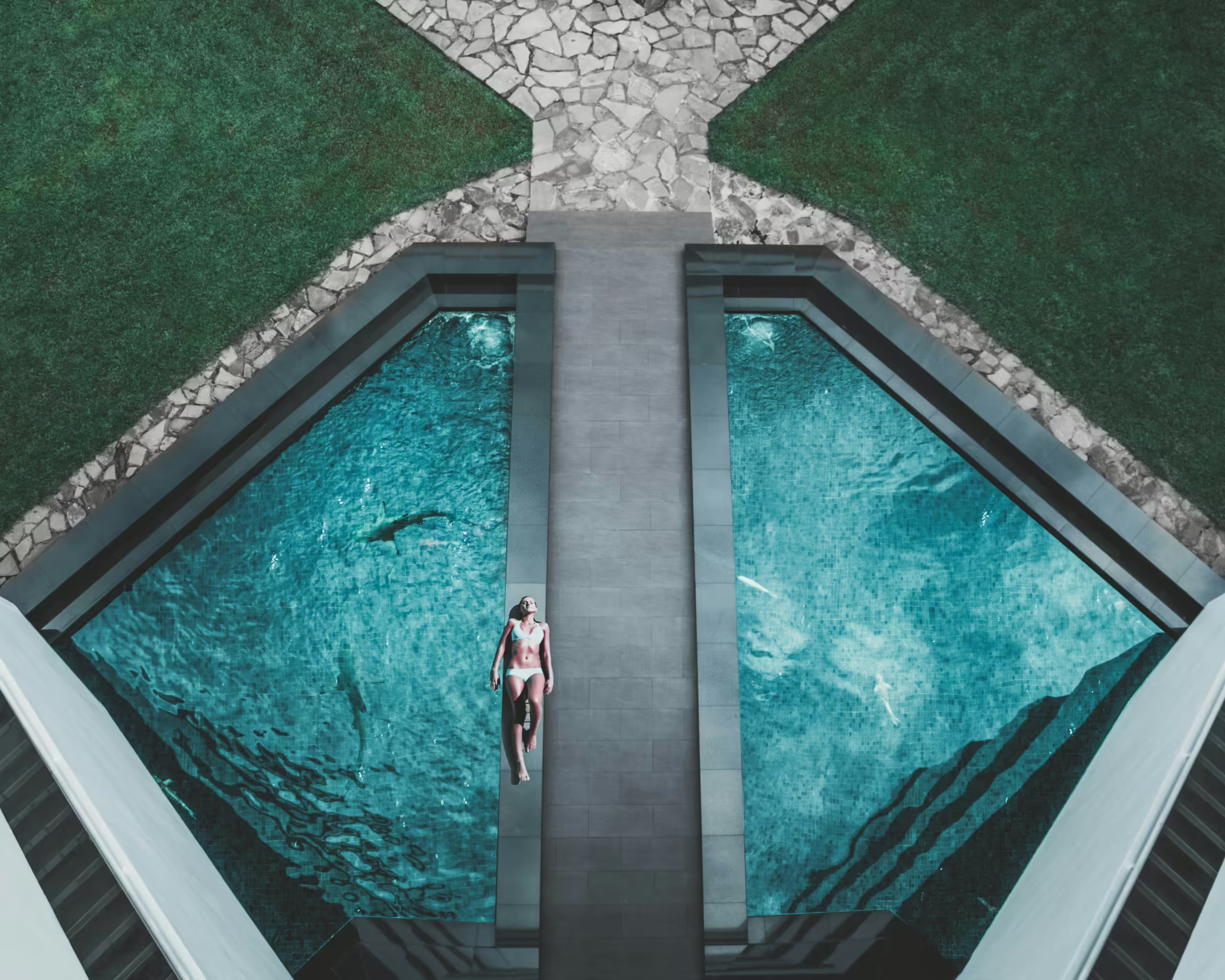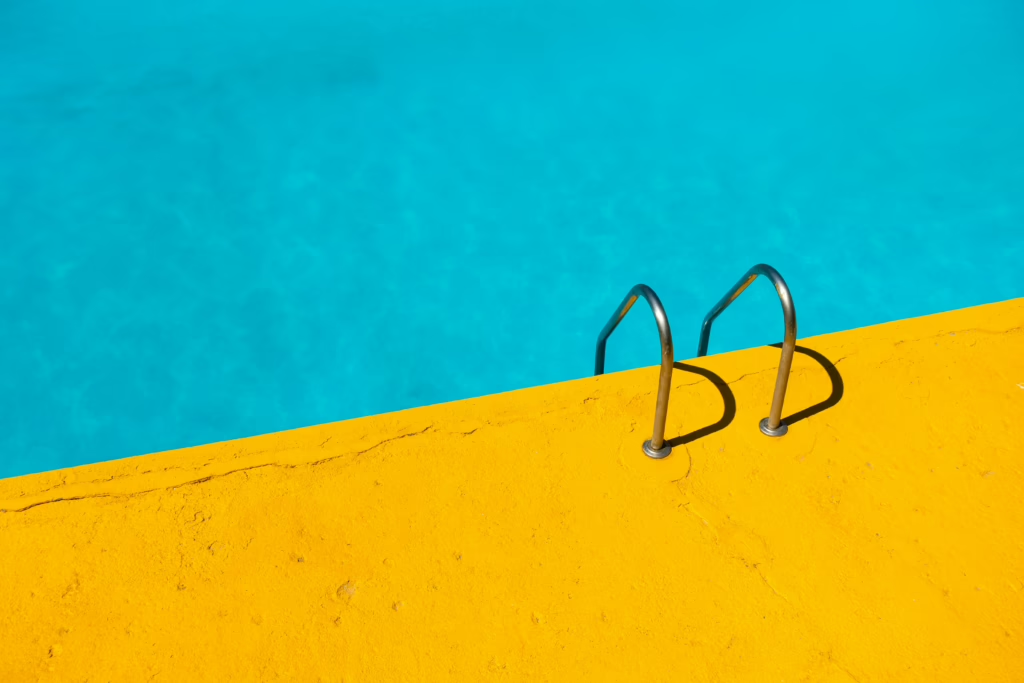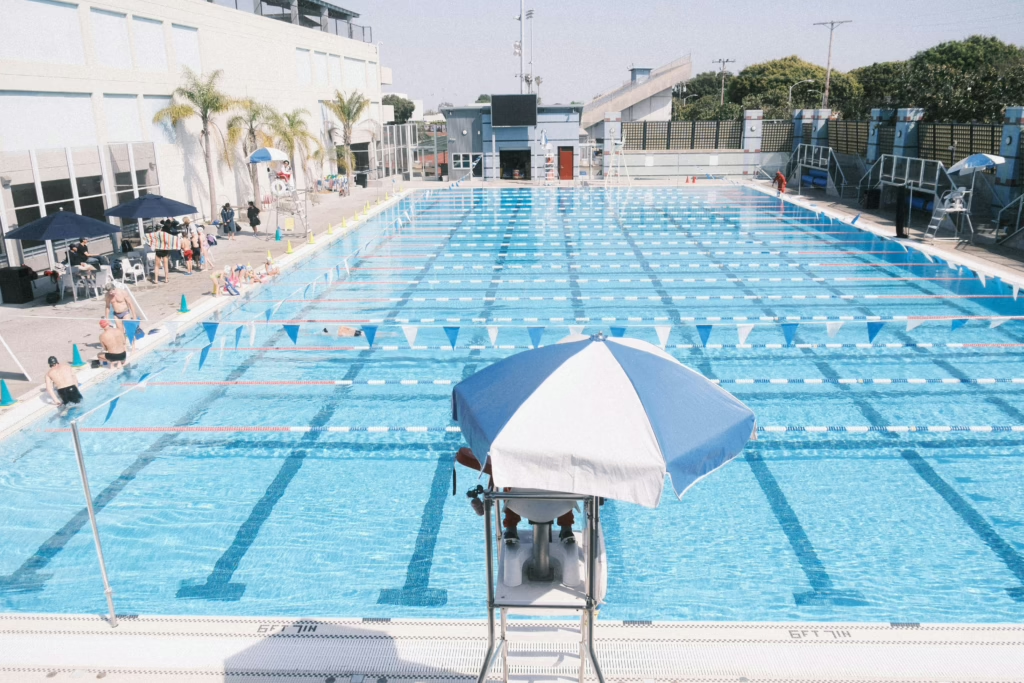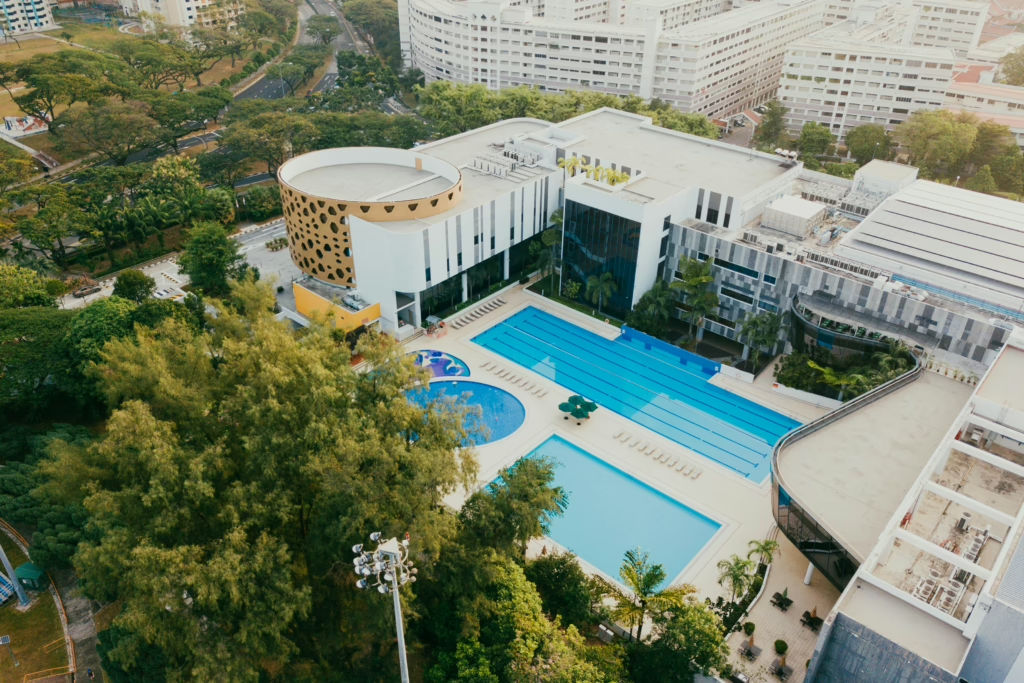A pool pump is the heart of your pool system, circulating water through the filtration system to ensure clean, safe water. Without a functioning pump, water becomes stagnant, leading to debris buildup, cloudy water, and potential health hazards. Understanding how your pool pump works and recognizing why it might fail is critical to keeping it pristine.
If you’re searching for pool pump repair near me, this guide will provide valuable insights into pump functionality, joint problems, and maintenance tips.
How Pool Pumps Work
A pool pump is a mechanical device that circulates water, pushing it through the filter to remove debris, dirt, and contaminants before returning it to the pool. Here’s a breakdown of how it works:
1. Components of a Pool Pump
- Motor: The pump motor powers the impeller, creating the suction to pull water into the system.
- Impeller: A fan-like component inside the pump that spins rapidly, drawing water in and pushing it through the filter.
- Strainer Basket: Captures larger debris, like leaves and hair, before the water reaches the pump impeller.
- Pump Housing: Encloses all components and ensures water flows efficiently.
- Seals and Gaskets: Keep the pump watertight and prevent leaks.
2. The Pool Pump Process
Water is pulled from the pool through the skimmers and main drain via suction.
The impeller spins, creating pressure to push water through the filtration system.
After passing through the filter, clean water is returned to the pool via the return jets.
This continuous cycle ensures your pool water remains clean, chemically balanced, and safe for swimming.
Why Pool Pumps Break Down
Despite being built for durability, pool pumps can develop issues over time due to wear, environmental factors, and improper maintenance. Here are the most common reasons pool pumps fail:
1. Overheating
- Cause: Poor ventilation or clogged vents can cause the motor to overheat, leading to burnout.
- Solution: Keep the area around the pump clear of debris and ensure proper airflow.
2. Leaks
- Cause: Worn seals, cracked pump housing, or loose fittings can lead to water leaks, compromising pump efficiency.
- Solution: Inspect seals and gaskets regularly and replace them when worn. Address leaks promptly to prevent further damage.
3. Electrical Problems
- Cause: Faulty wiring, tripped breakers, or capacitor failure can cause the motor to malfunction or fail.
- Solution: Hire a professional to inspect and repair electrical components.
4. Clogged or Dirty Filters
- Cause: When filters are clogged, the pump has to work harder to push water through, straining the motor.
- Solution: Clean or replace filters regularly to maintain proper flow.
5. Worn Bearings or Impeller Damage
- Cause: Bearings can wear out due to friction, while impellers may become clogged or damaged by debris.
- Solution: Replace bearings and inspect the impeller during regular maintenance.
6. Air Leaks
- Cause: Cracks in the pump lid or loose fittings can allow air to enter the system, disrupting water flow and causing the pump to lose prime.
- Solution: Tighten connections and replace damaged lids or seals to prevent air leaks.
7. Improper Sizing or Installation
- Cause: A pump that’s too small for the pool won’t circulate water effectively, while an oversized pump can create excessive pressure, damaging the system.
- Solution: Ensure the pump is appropriately sized and professionally installed to match your pool’s requirements.
Signs Your Pool Pump Needs Repair
Recognizing the early warning signs of pump failure can save you from costly repairs or replacements. Watch out for:
- Unusual Noises: Humming, grinding, or screeching sounds often indicate motor or bearing issues.
- Reduced Water Flow: Weak water circulation may signal clogs, leaks, or motor problems.
- Leaks Around the Pump: Visible water pooling around the pump housing or fittings requires immediate attention.
- Frequent Shutdowns: A pump that shuts off unexpectedly may be overheating or experiencing electrical issues.
- Increased Energy Bills: A failing pump often works harder, consuming more electricity and increasing utility costs.
How to Prevent Pool Pump Breakdowns
Routine maintenance is the key to extending the life of your pool pump and avoiding unexpected failures.
1. Clean Filters and Baskets Regularly
Empty skimmer and pump baskets weekly to prevent debris from clogging the system.
Backwash sand or DE filters regularly, and clean cartridge filters every 1–2 weeks.
2. Maintain Proper Water Levels
Ensure the water level stays above the skimmers to prevent air from entering the pump system, which can cause the pump to lose prime.
3. Inspect Seals and Gaskets
Check seals and gaskets for cracks or wear. Replace them promptly to prevent leaks and maintain pressure.
4. Keep the Pump Area Clear
Ensure the pump has adequate ventilation and isn’t obstructed by leaves, dirt, or other debris.
5. Schedule Annual Inspections
Have a professional inspect your pool pump annually to identify and address minor issues before they become significant problems.
When to Call a Professional
While routine maintenance can resolve minor issues, some problems require expert attention. Call a professional for:
- Electrical Repairs: Always leave wiring and capacitor repairs to licensed technicians.
- Replacing Components: To ensure proper installation, tasks like replacing impellers, bearings, or seals should be handled by professionals.
- Persistent Issues: If the pump continues to underperform or show signs of failure, a professional can diagnose and resolve the root cause.
FAQs: Pool Pump Repair Near Me
1. What are the signs my pool pump needs repair?
Common signs include unusual noises like grinding or screeching, reduced water flow, visible leaks around the pump housing, frequent shutdowns, or a spike in energy bills. Addressing these issues promptly can prevent further damage.
2. How much does a pool pump repair cost near me?
The cost of pool pump repair varies depending on the issue, ranging from $100 for minor fixes like replacing seals to $800 or more for complex motor repairs. Contact a professional for an accurate estimate.
3. Can I repair my pool pump myself?
While tasks like cleaning filters or tightening loose fittings are manageable for most pool owners, more complex repairs, such as fixing electrical issues or replacing internal components, should be left to professionals to ensure safety and proper installation.
4. Why is my pool pump making a loud noise?
Loud noises often indicate problems with the motor bearings, a clogged impeller, or loose internal components. Ignoring these sounds can lead to further damage, so it’s best to inspect the pump promptly.
5. What causes a pool pump to stop working?
A pool pump may stop working due to electrical issues, a tripped breaker, motor failure, or clogs in the impeller or filters. Regular maintenance can help identify and resolve these problems early.
6. Should I repair or replace my pool pump?
If the repair costs are less than half the price of a new pump and the pump is relatively new, repair is usually the better option. However, if the pump is older (8–10 years) or has multiple issues, replacement may be more cost-effective in the long run.
7. How long should a pool pump last?
With proper maintenance, a pool pump typically lasts 8 to 12 years, depending on usage and environmental factors. Regular inspections and timely repairs can extend its lifespan.
8. Why is my pool pump leaking?
Leaks are often caused by worn-out seals, cracked pump housing, or loose fittings. Addressing leaks promptly is essential to prevent water loss and further damage to the pump system.
9. What can I do to prevent future pool pump repairs?
Regular maintenance is critical. Clean filters and skimmer baskets frequently, ensure water levels remain consistent, inspect seals and gaskets for wear, and schedule annual professional check-ups to catch potential issues early.
10. How quickly can pool pump repair be completed in San Diego?
The timeline for pool pump repair depends on the complexity of the issue. Minor repairs, like replacing seals, can often be completed in a few hours, while more extensive repairs, such as motor replacements, may take a day or two. Contact PoolLogic San Diego for a prompt assessment and repair schedule.
Final Thoughts
Your pool pump is vital to maintaining clean, safe water, but like any mechanical system, it requires regular care and occasional repairs. Understanding how your pump works and recognizing the signs of trouble can prevent breakdowns and extend its lifespan.
If your pump isn’t performing as it should, don’t wait—search for pool pump repair near me and contact PoolLogic San Diego. Our skilled technicians specialize in diagnosing and repairing pool pumps to keep your pool running smoothly year-round. Call us today to schedule a service!



